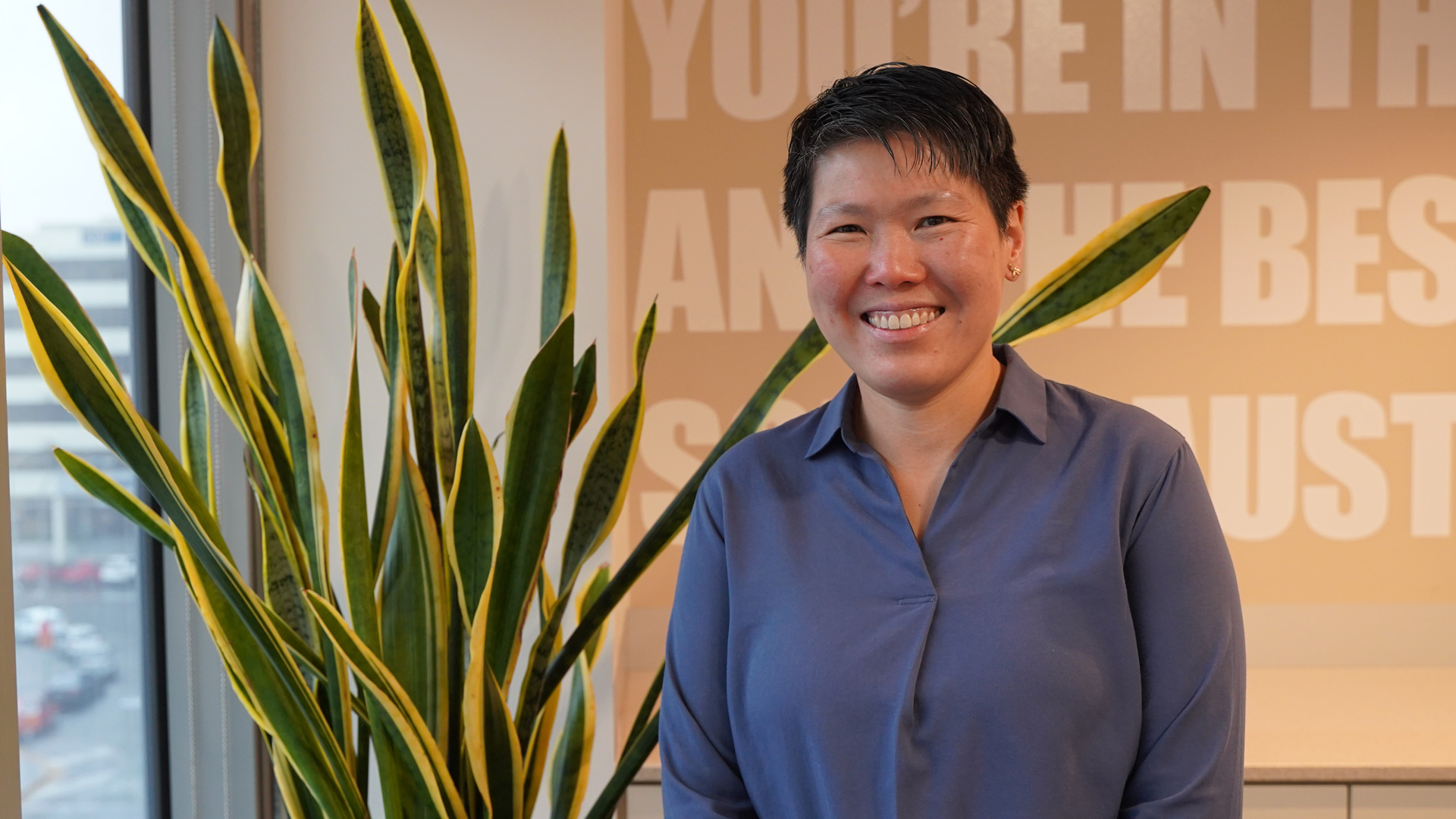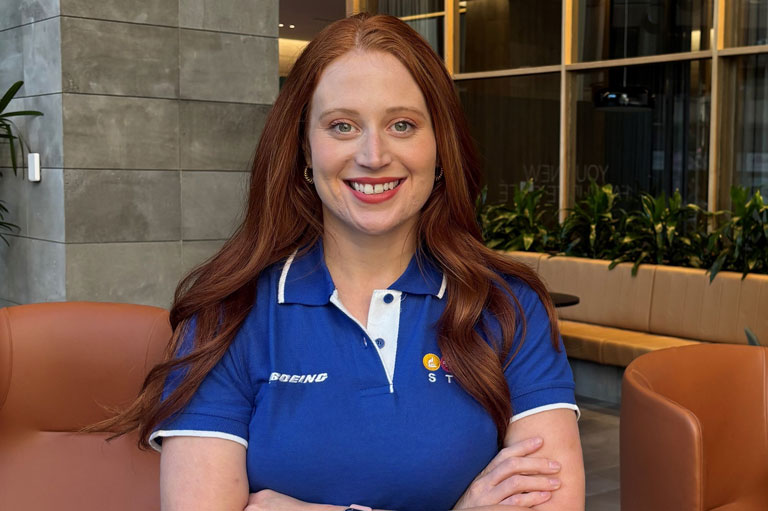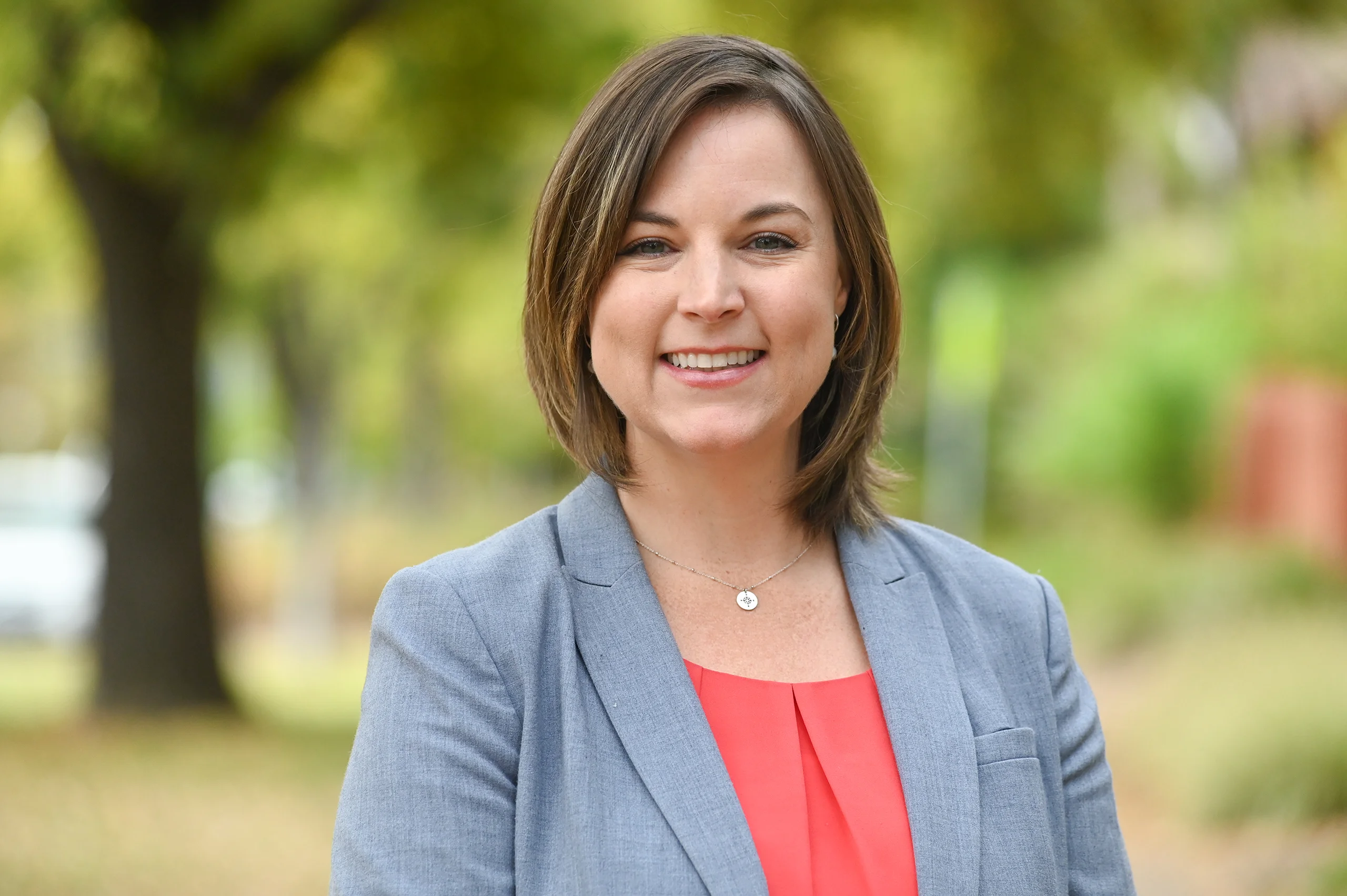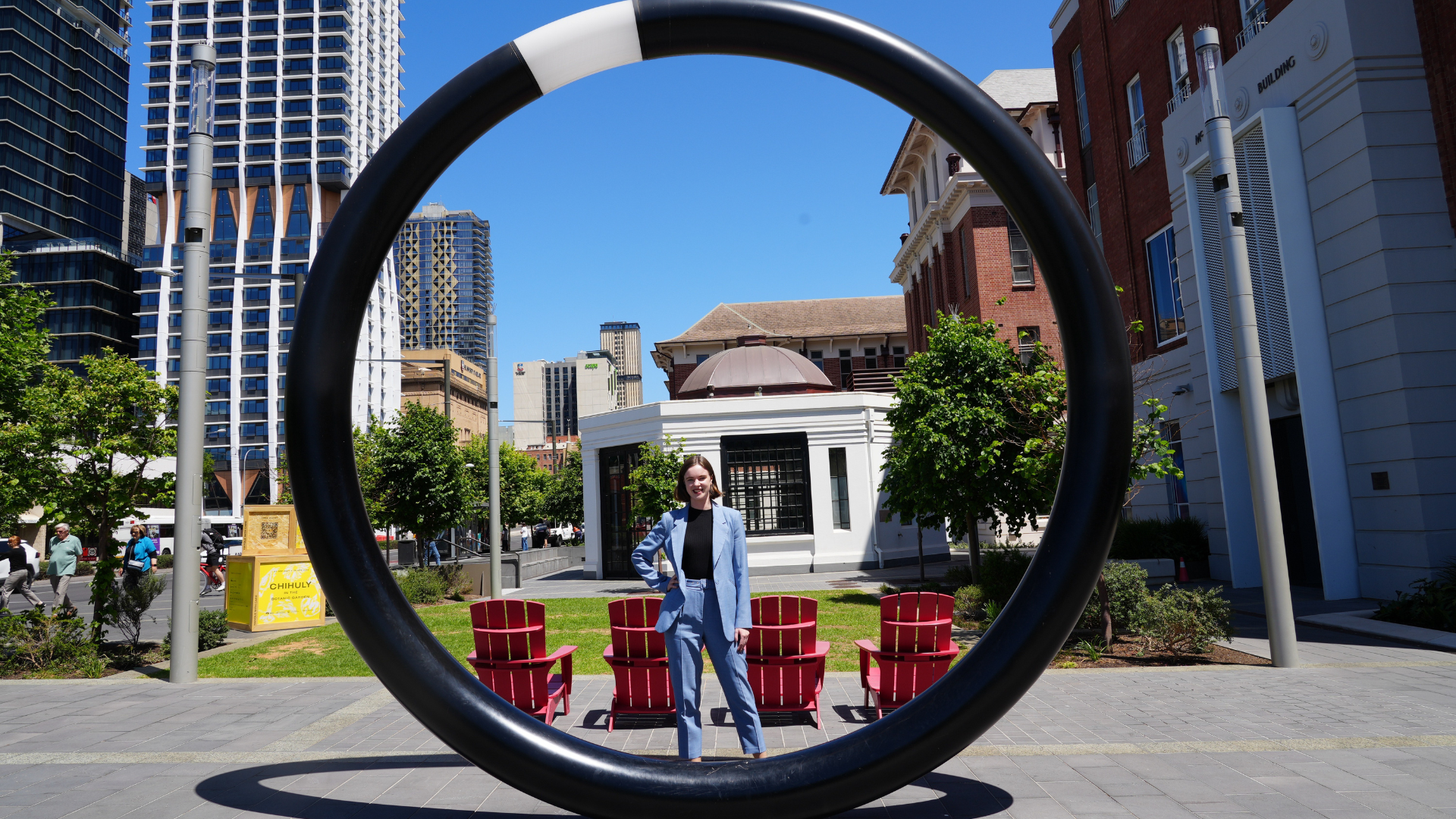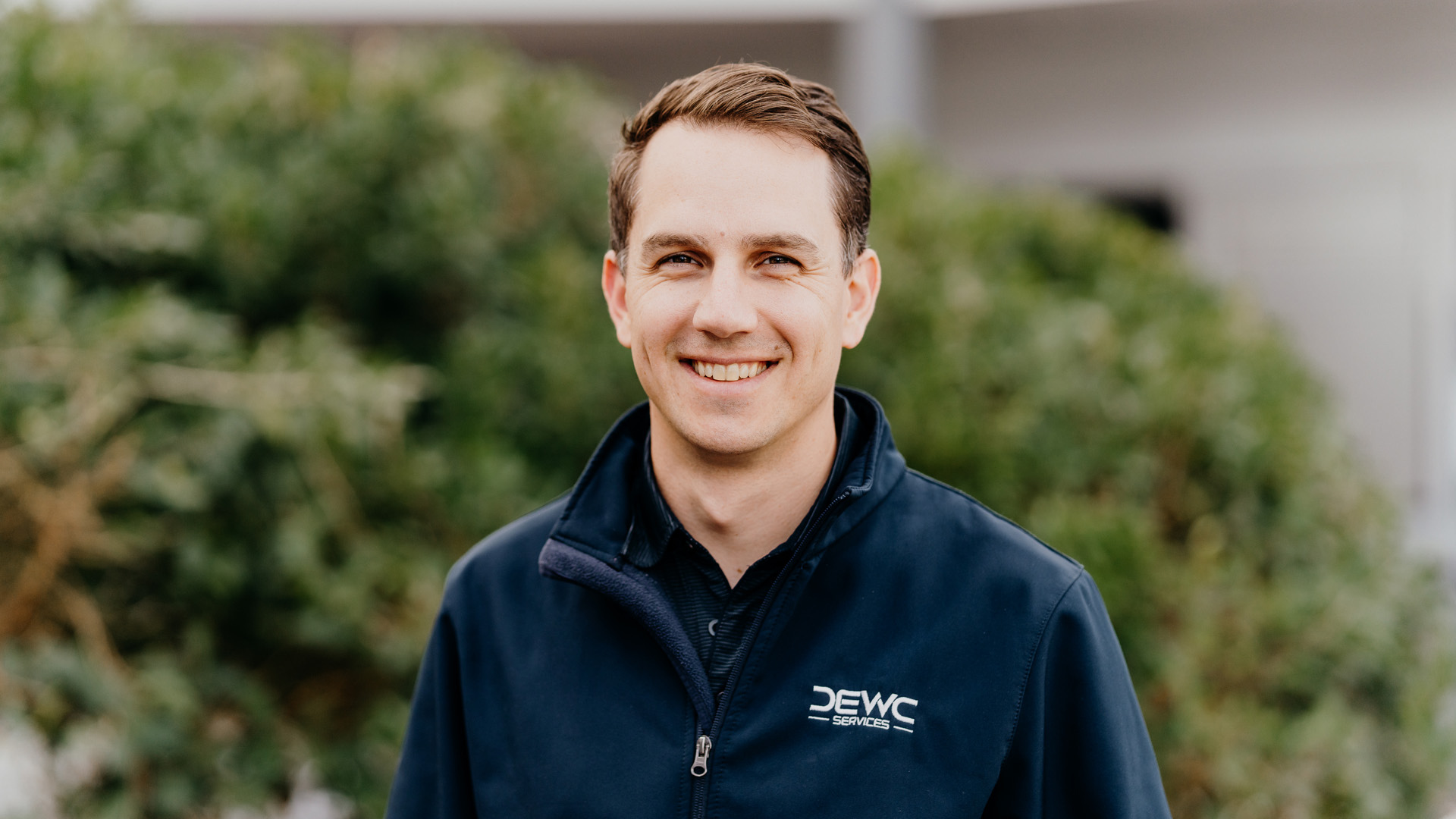Gretel navigates through defence industry
Dr Gretel Png’s career journey has seen her work and study across the globe before landing in South Australia to work at Defence Science and Technology Group (DSTG) in late 2018.
Through DSTG’s 2021 inaugural NAVIGATE program, Gretel undertook a placement with the Defence Innovation Partnership (DIP) where she worked to get the new Activator Fund off the ground.
“I’ve applied for grants in the past and I wanted to see what it’s like on the other side: to be a part of the organisation that gives grants; how grants are planned, managed, the governance structure and the process of getting them from concept to delivery,” Gretel explains.
“I’m also enjoying learning about how the State Government works with the Federal Government in projects related to Science and Technology (S&T) research.”
Participants of the NAVIGATE program undertake two six-month placements in different areas within the Defence S&T ecosystem. Gretel is on her second placement, having spent her first six months at the Australian Institute of Machine Learning (AIML). At the time of writing, Gretel split her time 50:50 between DIP and Defence Space Command.
An electrical engineer by training, Gretel did her initial studies in the UK before working for four years as a radar engineer in Scandinavia, the Middle East and Asia. She then studied in the USA before completing her PhD at the University of Adelaide in Terahertz Spectroscopy, where she stayed on in academia as a postdoctoral fellow before the opportunity emerged to work on machine learning at DSTG.
“I really enjoy learning new things and enjoyed what I was doing at DSTG before the opportunity came up with inaugural NAVIGATE program,” said Gretel.
The NAVIGATE program ‘aims to bolster Defence’s mid-career workforce capability, broaden the diversity of our workforce and support participants with the information knowledge and know-how to succeed as a STEM leader within Defence’.
In what was a competitive process, Gretel was one of 80 to gain a place in the program, which received more than 850 applications. Being internal to DSTG, Gretel is required to do her placements externally to Defence.
“At AIML, I assisted in project development between AIML, Defence and the Space industry, which opened my eyes to a deeper understanding of the ecosystem and how much Defence has to gain by working with industries and academia,” she said.
As testament to her thirst for knowledge, Gretel also completed a part-time degree in high school teaching.
“I was involved in teaching university students so wanted to see what it was like to teach high school students. I found that teachers have a really tough job! With my experience I was able to provide context to the material I was teaching by drawing on examples from the work I have done as an engineer. Hopefully in the future, I can help influence education in South Australia and find ways to involve industry in schools to provide those valuable real-world insight to the students.”
As for her plans post NAVIGATE, Gretel has a keen interest in the space industry as well as nuclear-powered submarines. She hopes to work more in the strategy and planning side of things at DSTG.
“I’d love to be a part of the space programs that DSTG is involved in. I’m also very excited about the range of opportunities, particularly for South Australians, to contribute towards the successful delivery of our nuclear-powered submarines. I feel that with my life and work experience, I can help influence the science and technology work that Defence does,” said Gretel.
Published 5 June 2023
Explore More
Tori Tasker started her career digging up ancient bones as an archaeologist, before pivoting to new career trajectory in the space sector.
When Shena Howell was pursuing her passion for the arts at a young age, she never thought her natural creativity would drive her to become an innovative thought leader in South Australia’s defence and space industries.
As one of South Australia’s youngest female STEM graduates rocketing to success in the state’s space sector, Georgia Dallimore is passionate about inspiring the next generation of women in STEM to reach for the stars.
For Royal Australian Air Force Veteran Anthony Kunda, a career in the defence industry has proved to be just what he was looking for post-service – combining skills learnt while serving his country with his passion to be a part of something bigger.
